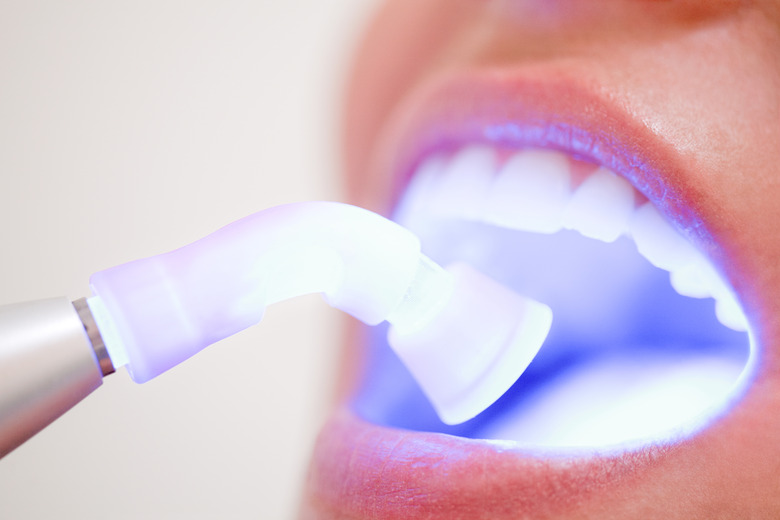What Are The Advantages & Disadvantages Of Diode Lasers?
Unlike visible light in the natural environment, a "laser" — or Light Amplification by Stimulated Emission of Radiation — produces a uniform monochromatic beam that does not scatter. This difference allows lasers to focus light and energy on very small surfaces, even on far-away objects — a unique characteristic that lends itself to various applications.
Types of Lasers
Types of Lasers
Aside from their various applications, lasers are classified according to how they emit light. This includes "continuous wave" and "pulsed" lasers. Their classification basis also stems from the medium or materials used as a source of light, whether gas, solid-state or diode lasers. A relatively recent development in laser technology, diode lasers use semiconductors — usually microscopic Gallium-Arsenide chips — as a medium.
Advantages of Diode Lasers
Advantages of Diode Lasers
Compared to most laser types, diode lasers are less expensive and more compact, making them ideal for small electronic devices, such as CD and DVD players, CD-ROMs, DVD-ROMs and other optical data storage devices. Laser printers, laser fax machines and supermarket bar code readers all use diode lasers. Using helium-neon lasers increases the size of these devices by as much as five times. Diode lasers use much less power than most types of lasers. While gas and solid-state lasers require a power supply in kilo-volts, diode lasers typically run on small volt batteries.
Disadvantages of Diode Lasers
Disadvantages of Diode Lasers
Diode laser beams are highly divergent, meaning "wedge-shaped," instead of straight and parallel, and have shorter coherent distances, which makes for inferior quality in optics performance. They are not as well-suited as helium-neon lasers for high-quality holography. Moreover, semiconductors, in electronic devices, are prone to static electrical discharges, meaning diode lasers in these gadgets can be damaged by unstable and fluctuating power supply. Also prone to gradual aging, diode lasers, over time, use increasing amounts of power with diminishing efficiency. The lens required for beam correction adds to the diode laser's fragility such that damage to the lens renders the laser non-functional.
Safety
Safety
Many types of lasers pose a significant safety risk due to the power they distribute. Diode lasers are considered one of the safest types of lasers. Requiring less power, diode lasers present very minimal danger of electric shock; however, there is still danger if diode lasers are shined into the eyes of a person or animal.
Cite This Article
MLA
Johnson, Steve. "What Are The Advantages & Disadvantages Of Diode Lasers?" sciencing.com, https://www.sciencing.com/advantages-disadvantages-diode-lasers-8167088/. 5 April 2011.
APA
Johnson, Steve. (2011, April 5). What Are The Advantages & Disadvantages Of Diode Lasers?. sciencing.com. Retrieved from https://www.sciencing.com/advantages-disadvantages-diode-lasers-8167088/
Chicago
Johnson, Steve. What Are The Advantages & Disadvantages Of Diode Lasers? last modified August 30, 2022. https://www.sciencing.com/advantages-disadvantages-diode-lasers-8167088/
